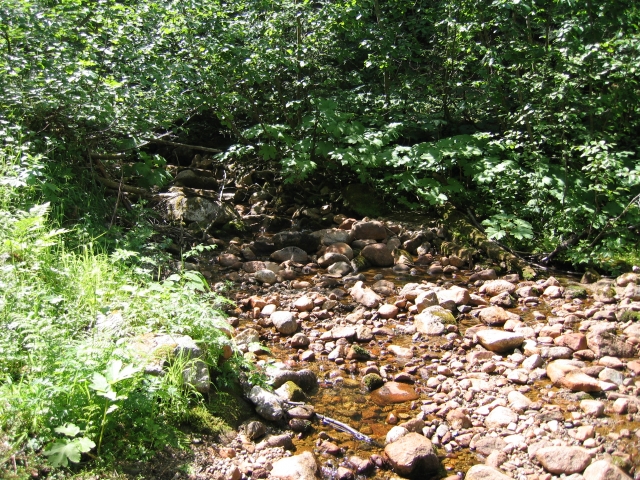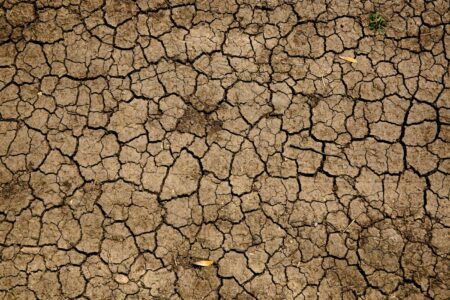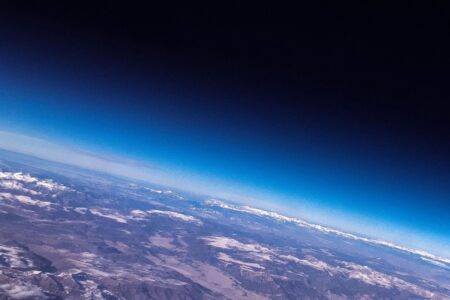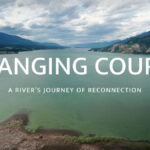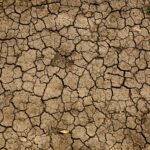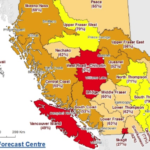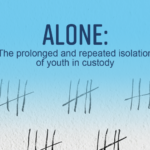WATER WEEK in a Time of Climate Change
It’s Water Week! And Rossland residents know that this year’s snowpack is low. That spells less water for the summer, more restrictions on sprinkling, more fire hazard for the region — unless it rains frequently during the warmer months.
Water expert Dr. Hans Schreier has described Rossland’s water supply as “precarious.” That’s because our water is sourced from three small creeks, entirely dependent on snowpack and precipitation. Two of the supply creeks are miles from Rossland, and the water comes to our reservoirs and treatment plant in pipelines that are getting very old. The water mains in Rossland itself are very old and many sections need replacing. There is leakage.
Human-caused climate change may also affect our water supply. As we continue to pump carbon dioxide and methane into our atmosphere, we are trapping more of the sun’s energy — warming oceans, the atmosphere, land masses — and causing formerly relatively stable weather patterns to become erratic. It is producing extremes of temperature, both hot and cold; more extreme weather events of all kinds — droughts, flooding, hailstorms, lightning storms, localised intense rainfalls called “microbursts,” and some very strong cyclones such as the one that has just battered Vanuatu. It is causing rising sea levels, now afflicting residents in lower-lying areas of Florida. It is causing thinner, higher-elevation snowpacks, to the dismay of many skiers — and, elsewhere, unusual snow-storms in places like Boston.
So far, Rossland has not experienced much dramatic extreme weather. It may be that our location, inland and protected by mountains, will keep us safer from these things, at least for a while. We can hope.
Hoping may not be very effective, though. What else can we do?
We can store water — in rain-barrels and cisterns. We can store more water in soil, by increasing the depth of organic topsoil in our yards; that means we don’t have to use as much water sprinkling to keep plants alive.
We can get informed. Instead of refusing to think about the greatest problem facing humanity today, we can learn what’s happening. Not shy away from the truth.
We can get serious about not making climate change worse: that means, refusing to travel by air or fossil-fuel-burning vehicles — unless it’s absolutely necessary. We can stop indulging in fossil-fueled motorized “recreation.” Travelling by bicycle, sailboat, canoe, kayak, horseback, or on foot may not get us as far as fast, but it’s very satisfying. The world shows itself in fascinating detail.
What else can we do? We can hold our City Council’s “feet to the fire” by insisting that Council make their decisions, particularly on development, with climate change mitigation and adaptation in mind. How does each decision work to combat climate change, or adapt to the likely effects of climate change? Rossland has a report on “Adapting to Climate Change” and one of its recommendations is that Council consider all decisions in light of climate change. (The problem with that report is that it is sitting on a shelf.)
Meanwhile, we can appreciate and document what we have — including something we all take pretty much for granted: water.


